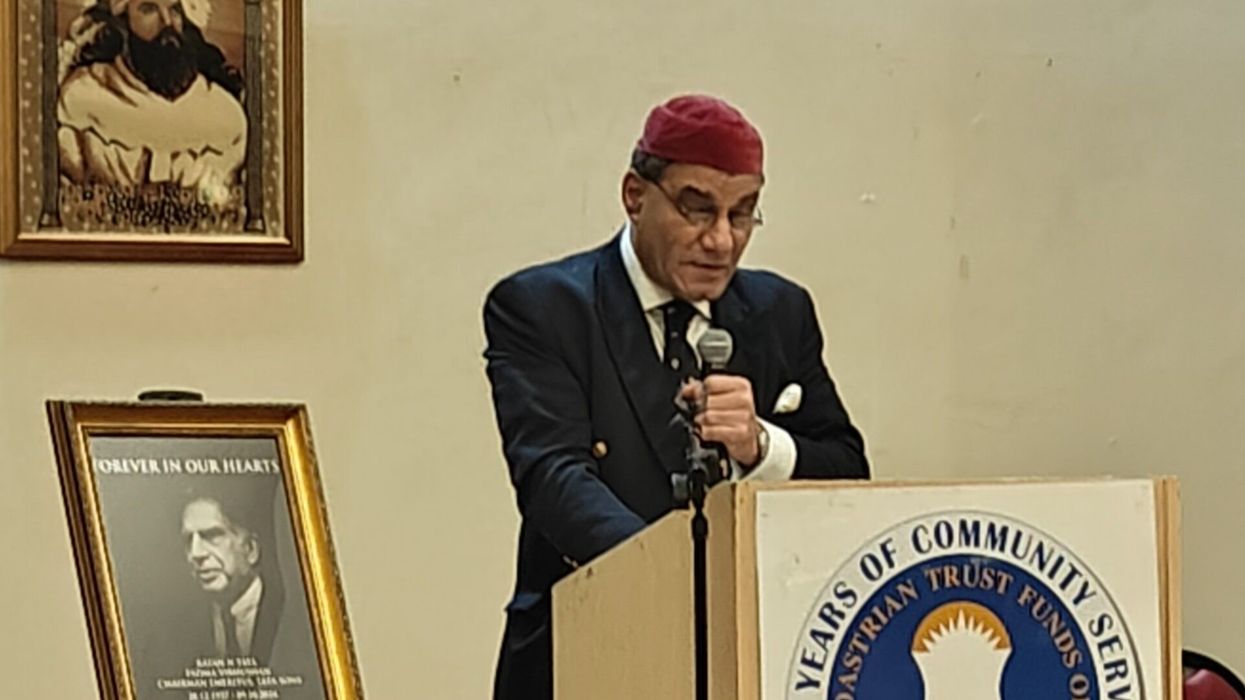LAST Wednesday (9), India lost a great son, Padma Vibhushan Ratan Tata. It is very rare in life that you have individuals who no one has a bad word to say about, only nothing but praise.
Ratan Tata took over the helm of the Tata Group from JRD Tata, who was a true giant of Indian business. He had the good fortune of standing on the shoulders of a giant and yet had huge shoes to fill. There were accusations of nepotism and that he would never live up to JRD’s reputation.
In the decades ahead, he led the Tatas his own way, maintaining the company’s unrivalled reputation in India for its integrity and values.
He floated TCS, which is now the most valuable tech company in India, as well as growing the varied companies in the Tata conglomerate from Tata Steel to the Indian Hotel Group.
He was also instrumental in Tata’s global expansion, particularly in the UK with the acquisition of Corus (British Steel) and Jaguar Land Rover, making Tata one of the largest manufacturers and employers in the UK. The group today is worth approaching $500 billion (£383bn), making it one of the largest companies in the world.
I had the privilege to know Ratan over the past decades, and shared a platform with him and attended meetings and events in both the UK and India.
He was unfailingly polite and charming in every interaction. He was always extremely soft spoken and a great listener. Although he did not attend Cambridge University himself, being an alumnus of Cornell and Harvard Business School, his family – including his ancestors Sir Dorab Tata and the famous scientist Dr Homi Bhaba – had a long association with Cambridge University. Ratan was a fellow member of the Cambridge University India Board and never missed a meeting.
Ratan Tata with other visitors at the Taj Mahal hotel after the 2008 terror attacks in Mumbai. (Photo: Getty Images)I am proud to have come to this country as a 19-year-old student from India as a Tata scholar.
Ratan’s charitable work was legendary – the Tata Trusts own 66 per cent of Tata Sons and donate hundreds of millions to charitable causes every year.
He was also someone who was firm and resolute. I remember travelling back on the plane to India from London with him during the financial crisis of 2008-2009, after he had meetings with the British government requesting help for his businesses in the UK, having just taken over Jaguar Land Rover in 2008.
He was very upset that the government had turned them down. I offered to help out on my return to the UK, and he said, “Don’t worry, Karan, we will do it ourselves”. Sure enough, they did.
He was someone who cared deeply for his employees. I remember visiting the Land Rover factory straight after the acquisition by Tata, and how the management said they were so happy that it was Tata who had acquired them, because of their reputation for the welfare of their workforce.
The way in which Ratan cared for his employees after the tragedy of the November 26, 2008, terrorist attacks in Mumbai was truly outstanding. He went the extra mile to care for every member of every family affected.
The news of Ratan’s passing led to the whole of India mourning. He was a proud Zoroastrian Parsi, and in the UK, I am proud to be patron of the Zoroastrian Trust Funds of Europe. The community organised prayers last Saturday (11), and hundreds of members of the community turned up, as well as several faith leaders. This was spontaneous and a demonstration of how much this great man meant to so many worldwide.
He was a true giant, a legend and his life of phenomenal service and achievement, always with the utmost integrity, will be an example and an inspiration to us forever.




